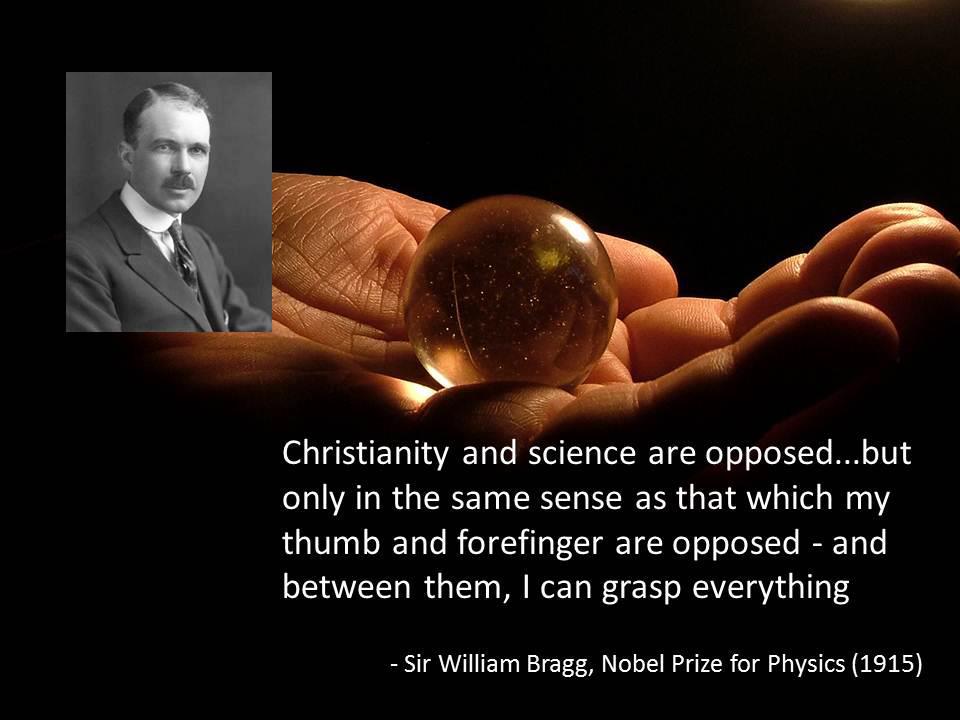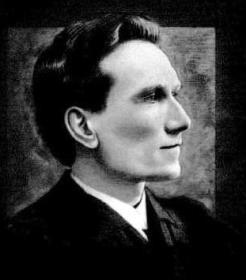Tag: Christianity
“They did not kill him”
One of the major points of divergence between Islam and Christianity is that, in addition to denying Jesus’ divinity, Islam asserts that Jesus did not die on the cross. We find this assertion in Surah 4 of the Qur’an:

![]()
Just in case you don’t read Arabic(!), here is the English translation:
[They said] “Indeed, we have killed the Messiah, Jesus, the son of Mary, the messenger of Allah”… [But] they did not kill him, nor did they crucify him; but [another] was made to resemble him to them… Rather, Allah raised him to Himself… – Surah 4:157-158, Sahih International
Grasp Everything

Why I’m involved in Catechesis…
(Please ignore the silly YouTube title)
Defining Christianity

“Defining Christianity is portrayed not in the first mile of service, but in the second.” – Oswald Chambers
Introduction to Islam (Part 2 of 5: Revelation)
 In yesterday’s blog post I began a brief introduction to Islam. I focussed primarily on the founding of Islam and Muhammad.
In yesterday’s blog post I began a brief introduction to Islam. I focussed primarily on the founding of Islam and Muhammad.
Today I would like to look at the divine revelation which Islam claims to have received, which is found principally in the Qur’an/Koran.
As I said yesterday, I have done my best to ensure factual accuracy in all these posts and have used Islamic sources as much as possible to ensure that I’m not propagating Christian misconceptions of Islam. I did send this to some Muslim friends for comment, but I have yet to hear back. If you are a follower of Islam and believe that I have misrepresented your religion, please drop me an email and I will remedy the situation.
The Qur’an
As mentioned in my previous post, the Qur’an (literally, “the recitation”) is a compilation of the messages given to Muhammad.
Christians and Muslims understand the concept of scripture differently. Christians describe the Bible, in the words of St. Paul, as being “God breathed” (theopneustos). As Dei Verbum explains:
“In composing the sacred books, God chose men and while employed by Him they made use of their powers and abilities, so that with Him acting in them and through them, they, as true authors, consigned to writing everything and only those things which He wanted” – Dei Verbum, Chapter 3
Muslims, on the other hand, view the Qur’an as the word of God in the most literal sense, believing that the text bears no imprint of the writer’s character whatsoever. Rather, they believe that the Qur’an is the literal word of God, dictated to Muhammad, written down verbatim.
Introduction to Islam

 This is one of the many blog entries I was halfway through before being distracted by something shiny… I started preparing this series of entries around the time of the media storm from the “Burn a Qur’an Day“. I was rather surprised by the reaction of many Christians to this dispute, but what I found even more troubling was their apparent lack of basic familiarity with the religion of Islam.
This is one of the many blog entries I was halfway through before being distracted by something shiny… I started preparing this series of entries around the time of the media storm from the “Burn a Qur’an Day“. I was rather surprised by the reaction of many Christians to this dispute, but what I found even more troubling was their apparent lack of basic familiarity with the religion of Islam.
In this series of posts I will not be disputing any assertion made by Islam. I only intend to provide a brief sketch of the religion. I would like this to be an introduction and brief overview for the average Christian who is unaware of Islam’s claims.
Please note, I have done my best to ensure factual accuracy in all these posts and have used Islamic sources as much as possible to ensure that I’m not propagating Christian misconceptions of Islam. I did send this to some Muslim friends for comment, but I have yet to hear back. If you are a follower of Islam and believe that I have misrepresented your religion, please drop me an email and I will remedy the situation.
Muhammad
Islam (“submission to God”) was founded by Muhammad in the early 7th Century, a little over six hundred years after Jesus’ ministry, seven hundred and sixty-six miles away from Jerusalem in Arabia. In the early part of Muhammad’s life he was a successful trader and then, through marriage to a wealthy widow, he became an important figure.
Thanks to his wealth, at the age of forty, Muhammad was able to spend much of his time in meditation in a cave on the outskirts of Mecca. It is said that it was during this time that he began to receive messages from Allah (God) through Jibril (the Archangel Gabriel). He was told that these messages were to be preached to all mankind. They were subsequently written down by his companions and collected together to form the Muslim holy book: the Qur’an/Koran (literally “the recitation”).
Muhammad’s followers were initially fairly small in number, consisting mainly of his own family. There were soon violent persecutions in Mecca against the Muslims, causing Muhammad to move to Medina where Islam was more favourably received. A little later, the first jihad (holy war) took place. Muhammad returned to Mecca and destroyed the idols there and within eight years Muslim armies had conquered (and effectively converted) the whole of Arabia.
